The photo shows a screening of the award-winning documentary State Organs, which exposes the CCP's horrific crime of live organ harvesting. The film was shown on the evening of October 1, 2024—China's "National Mourning Day"—at the Wonderful Theatre (True, Good, and Beautiful Cinema) in Taipei. (Photo by Song Bìlóng / Dajiyuan)
[People News] Recently, the CCP's official media widely reported that Taiwanese singer TANK successfully underwent a "simultaneous heart-liver transplant" at the Second Affiliated Hospital of Zhejiang University School of Medicine. They claimed this surgery to be the first of its kind in Asia, describing it as a significant breakthrough in organ transplantation technology, akin to the "Mount Everest" of the field.
According to the official media, TANK received treatment at the Second Affiliated Hospital of Zhejiang University in March 2024, and on November 21, 2024, he underwent a simultaneous heart-liver transplant. The surgery was a collaborative effort involving Professor Wang Weilin's liver transplant team and Professor Dong Aiqiang's heart transplant team, among others, and lasted for 12 hours before achieving success. The organs were donated by a brain-dead individual who had suffered severe cranial brain injury, but no further details about the donor were disclosed.
TANK expressed his gratitude on social media, thanking the "motherland" and the "medical team," and noted that "a selfless donor decided to donate their organs." This statement quickly ignited discussions among Taiwanese netizens. Anti-CCP influencer Ba Jiong commented, "In Taiwan, you have to wait in line, but in the CCP's country, if you pay a bit more, you can have state-owned organs arranged immediately." Other netizens added, "This is true! My friend's father received a kidney from a Falun Gong practitioner!"; "My friend went to China to get a kidney over 20 years ago... I had no idea about 'state-owned organs' back then, but now it feels quite horrifying to think about!"
The documentary "State Organs" reveals the dark practices of organ transplantation by the Chinese Communist Party (CCP) and premiered in Taiwan earlier this year. During its screening, it faced multiple threats of bombings from the CCP, underscoring the regime's fear of the exposure of its organ harvesting atrocities.
Wang Weilin, who conducted the surgery on TANK, is a key member of the liver and pancreas transplant team led by Zheng Shusen, the former president of the First Affiliated Hospital of Zhejiang University. In 2015, he took over as president of the First Affiliated Hospital and became the president of the Second Affiliated Hospital of Zhejiang University in May 2020. Both hospitals, along with Zheng Shusen, Wang Weilin, and Dong Aiqiang, are implicated as responsible parties in the organ harvesting of Falun Gong practitioners and have been listed by the "World Organization to Investigate the Persecution of Falun Gong."
On March 4, 2014, a report on Sohu.com titled "Impressive! The First Affiliated Hospital of Zhejiang University completed 14 major organ transplant surgeries in 48 hours" stated that President Wang Weilin, the lead surgeon for liver transplants, led a team that completed one heart transplant, one lung transplant, four liver transplants, and eight kidney transplants in under 48 hours, setting a new record for the hospital. The article did not mention the status of the donors, and it is clear that achieving this record would require at least four living donors to support such a feat.
On April 28, 2019, Chinese media reported that Zhejiang University Second Hospital achieved a remarkable milestone. In just 15 hours, a total of 12 major organ transplants were successfully completed, including two hearts, three livers, six kidneys, and two lungs. The teams involved included Wang Weilin's liver transplant team, Dong Aiqiang's heart transplant team, Xiao Jiaquan's kidney transplant team, and Wu Ming's lung transplant team. 'From 8 a.m. to 11 p.m., over 100 medical personnel collaborated seamlessly, giving new life to 12 patients, while at least six individuals regained their sight.' The report mentioned three organ donors, but only provided details about one, with no further information available on the other two.
In October 2016, a report in Science magazine revealed that the prestigious international journal 'International Journal of Hepatology' decided to retract a paper by Zheng Shusen and his colleagues due to their failure to provide ethical proof regarding the sources of the 563 liver transplants cited in their study. As a result, they imposed a lifetime ban on submissions from these authors.
In February 2017, Huang Jiefu made a rare public acknowledgment that the sources of organs used by Zheng Shusen were unclear. He noted that out of the 563 liver transplants listed in Zheng's paper, only 166 organs were allocated by the 'China Organ Transplant Response System (COTRS)' that year, leaving the sources of the remaining 397 organs unknown.
From 2007 to 2017, Zheng Shusen held the position of chairman of the "Zhejiang Province Anti-Cult Association," an organization specifically created for the persecution of Falun Gong. A special investigation by the World Organization to Investigate the Persecution of Falun Gong revealed that, based on issues with retracted papers and another existing paper, along with recorded evidence from investigations involving multiple doctors at Zhejiang University First Hospital, it was concluded that this hospital, where Zheng Shusen works, is a significant base suspected of harvesting organs from Falun Gong practitioners.
An internal document from the "Verification Report on the Computer System for Organ Allocation and Sharing (COTRS) in Zhejiang Province" disclosed illegal activities in the organ donation allocation and sharing process in Zhejiang Province from January 1, 2015, to April 13, 2018. These activities included unclear sources of organs, performing transplants before allocation, an excessively high proportion of special circumstances, changing donor data one hour before allocation, altering waiting list data one hour before allocation, temporarily adding individuals to the waiting list, and a high frequency of abandonment of liver and kidney organs. This indicates the existence of an underground human organ donor bank. The hospitals involved include Zhejiang University First Hospital, Zhejiang University Second Hospital, and the Shulan Hospital founded by Zheng Shusen.
On June 22, 2018, during a special press conference for hospitals in Zhejiang Province, the Chinese Communist Party's National Health Commission stated, "The average waiting time for liver transplants in our country is currently 27.5 days."
Chinese netizens responded to TANK’s organ transplant surgery with comments such as: “Terrifying.”“Where did the donor come from? A heart and liver transplant means the person had to be healthy, and no longer alive.” “Organ transplants are hugely controversial. Celebrities and ordinary people don’t have the same access to resources.” “I wonder which healthy person provided the organs.”
Some netizens went further, directly questioning the source of the organs: “For those following missing persons cases, every day on Douyin (TikTok China), normal young people and even elementary school students go missing. They’re always found in water. This isn’t a conspiracy theory—finding a brain-dead match this quickly? That’s just too fast. Way too fast!”
A 2017 China News Service report stated that 8 million people go missing in China each year. In 2024 alone, the number of missing persons was 3.0978 million—an average of 2,500 missing youths per day.
On March 30, 2025, dozens of parents of missing children gathered at the city government square in Zhangzhou, Fujian Province. Holding photos, they knelt on the ground crying, begging passersby to share their information to help find their children.
On April 1, 2025, the parents of 18-year-old Wu Yuhao in Wenzhou began their search. Wu disappeared near the Oubei Bridge on March 25. His phone had been wiped. His mother said Wu was a bright and happy person from a well-off family. “At first, we thought he might have attempted suicide by jumping into the river. But after checking surveillance, we found that during the time he vanished, the tide was low and the mudflats under the bridge were exposed. If someone had walked into the mud, they would’ve left footprints—but near the shore, there were none.”
On April 3, a short video showed that a 10-year-old girl, Wei Yilei from Fanzhi County, Xinzhou City, Shanxi Province, went missing from her elementary school while wearing her school uniform. Many commented in alarm, “The scariest thing is she may already have become someone else’s organs!”
On the same day, the parents of Li Jialong, a university student in Shandong’s Liaocheng, pleaded for help on Douyin. His mother cried out, “We’ve walked miles and miles, please, good people near the Yellow River, help us find our son!” Li had gone missing on January 2, 2025, after leaving his college campus. Police later found his phone, ID card, and down jacket near a factory outside Liaocheng, close to the Yellow River. Several rescue teams searched multiple sections of the river for over three months, but still no trace.
The CCP’s “Safe City,” “SkyNet,” and “Sharp Eyes” surveillance projects provide dense, high-tech coverage of nearly all of society. A 2017 China Times article noted that surveillance cameras were everywhere, integrated with RFID, BeiDou navigation, and other modern technologies. These systems enabled real-time monitoring, trajectory tracking, and rapid data retrieval via national and provincial public safety centers.
A 2018 article from TechNews was titled “Your Phone and TV Are Surveillance Devices: China’s ‘Sharp Eyes’ Identifies You in 10 Seconds.” In 2019, Phoenix Net published: “China’s SkyNet Has 200 Million Cameras, Can Locate Anyone in Milliseconds.”
In 2017, a BBC journalist tested China’s SkyNet system in Guizhou. Within 7 minutes of walking through the city center to the train station, the system located him. After the 2022 White Paper Movement, police used surveillance cameras and facial recognition to arrest protestors. During the CCP’s “Two Sessions” meetings, petitioners and dissidents are located and swiftly detained regardless of where they hide.
But When It Comes to Missing Persons, Surveillance Becomes Useless. This discrepancy raises serious concerns. It’s hard not to suspect the CCP police’s involvement in both the missing persons crisis and the nationwide illicit organ harvesting trade. Hundreds of university students have mysteriously disappeared in Wuhan—yet police refuse to investigate or file cases. In the Hu Xinyu case, surveillance footage was deliberately deleted, but was protected by the police. Mobile cremation vehicles parading through city streets suggest why so many missing individuals are never found.
The fundamental reason lies in the CCP’s systemic evil—it is the source of forced organ harvesting. The regime has long treated Chinese citizens as a “mine of human organs,” aiming to grow the organ transplant industry and even export organs abroad. It is this institutionalized evil that leads to the large number of missing persons who may have become nothing more than spare parts.
(First published by People News)

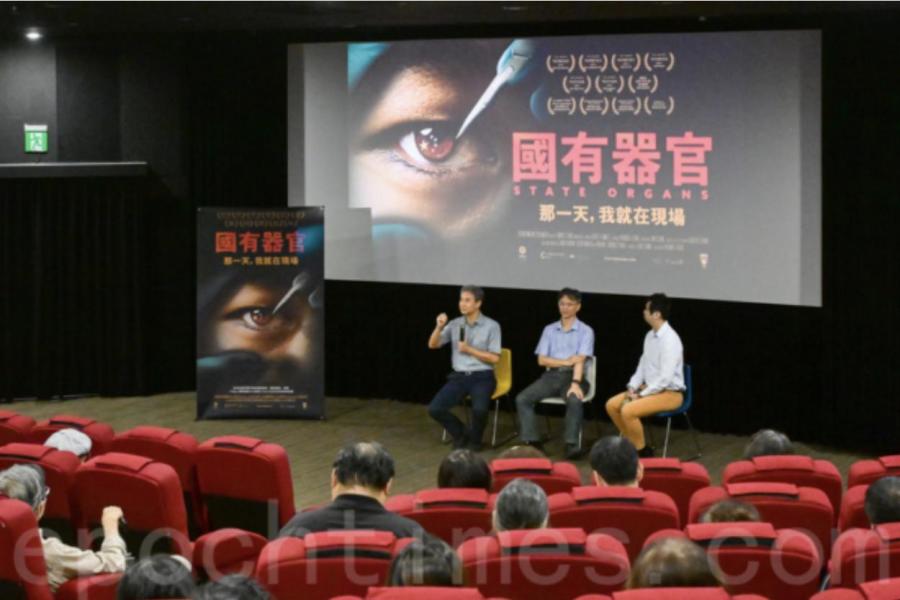
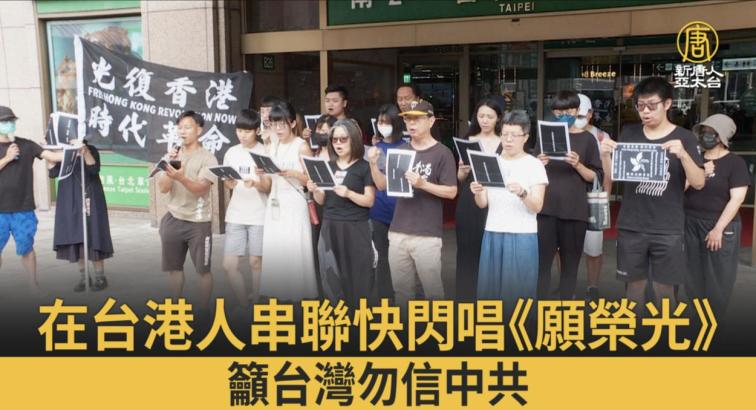

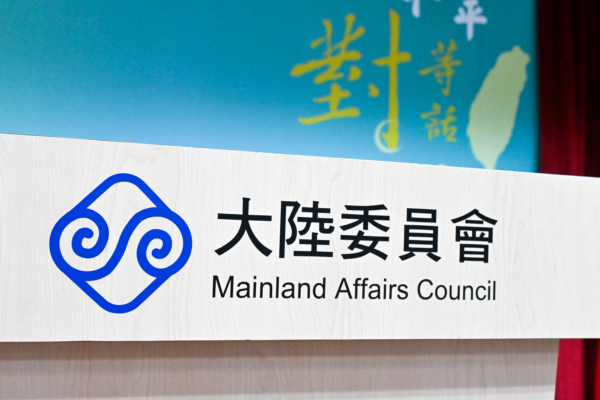
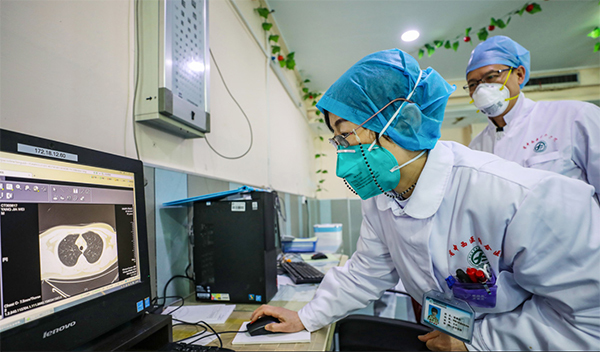

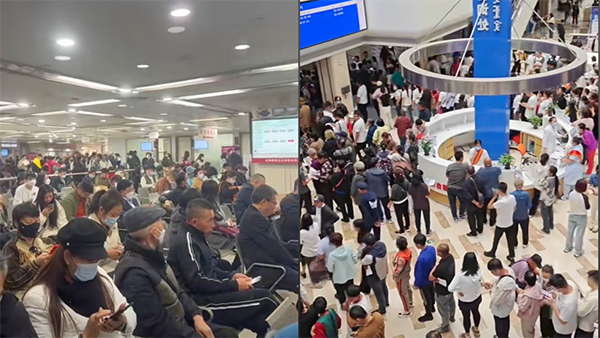

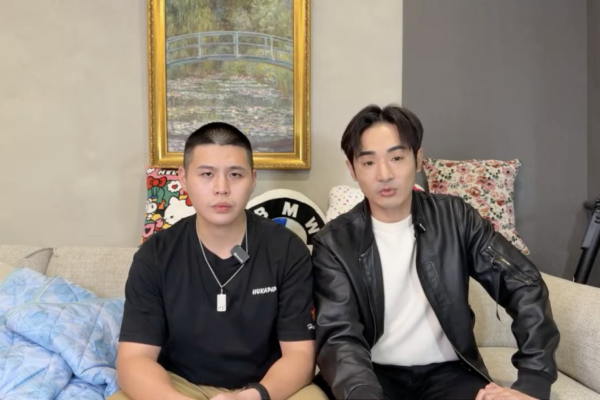

News magazine bootstrap themes!
I like this themes, fast loading and look profesional
Thank you Carlos!
You're welcome!
Please support me with give positive rating!
Yes Sure!